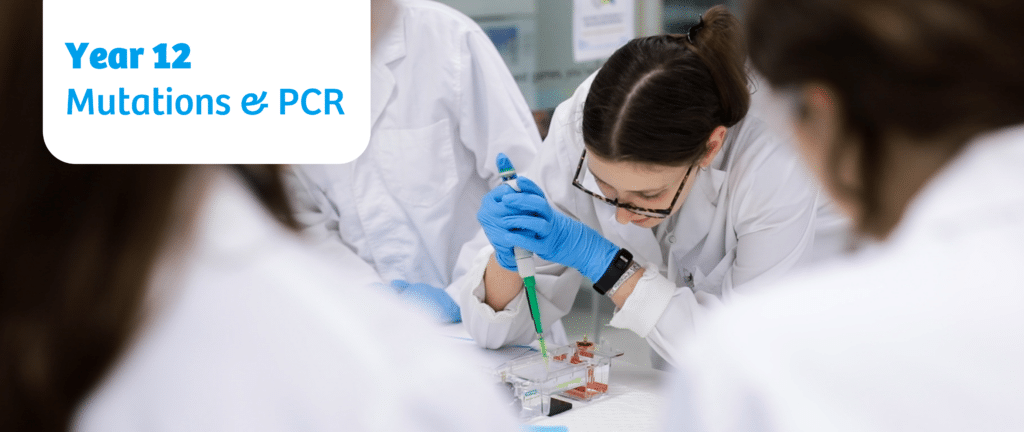
Schools
The Lotterywest BioDiscovery Centre offers Curriculum-Linked offerings aimed at Schools to engage and inspire the next generation of medical researchers.
The Lotterywest BioDiscovery Centre offers Curriculum-Linked offerings aimed at Schools to engage and inspire the next generation of medical researchers.